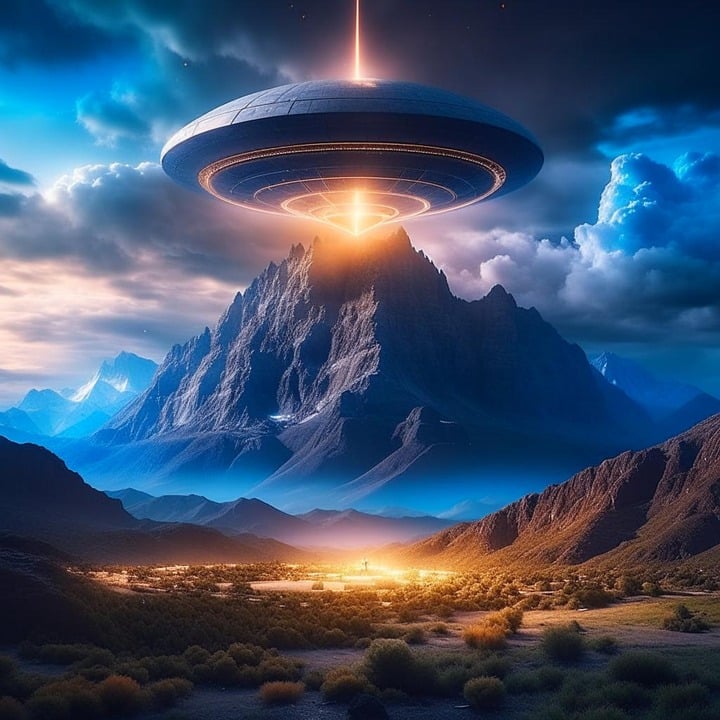
The solution to the celebrated Fermi Paradox may lie in a hypothesis that has been around for almost 30 years.
Back in 1950, physicist Enrico Fermi wondered where all the aliens were, and since then his question of why we haven't found them if extraterrestrial civilizations exist has become known as the Fermi Paradox.
Indeed, if life arose here on Earth, and the universe does not tend to create things only once, then other life should have arisen in other parts of the universe.
In fact, the entire cosmos should be filled with advanced extraterrestrial civilizations. A hypothesis called the “Great Filter” explains why we haven't found all of these clever life forms, writes Space.
Even if we take into account the fact that potential aliens have problems with technological development, life expectancy, and various disasters can also prevent their development, this still does not explain why people, at least in our galaxy, have not discovered advanced clever life.
The Milky Way has existed for over 13 billion years and that is enough for extraterrestrial civilizations to fill our galaxy. People should observe various technological artifacts, but they do not exist.
Great Filter
In 1996, scientist Robin Hanson proposed a hypothesis called the “Great Filter”. The point is that very few, if any, civilizations in the universe reach a level of technological development that would allow them to fly into space.
Therefore, clever extraterrestrial civilizations have not spread throughout our galaxy. This means that there is a filter that prevents any clever civilization from reaching a very high stage of development.
Humanity is currently on a path to more extensive space exploration, so the idea that some filter could prevent us from doing so is a bit scary. The problem is that we don't know exactly when and where the filter actually appears.
Hanson proposed nine distinct stages that life would have to complete to advance from the minor leagues to the majors: the right star system, reproductive molecules, prokaryotic life, eukaryotic life, sexual reproduction, multicellular life, some vague category of intelligence, an advanced civilization with the ability to colonize, and finally , when all the pieces are in place, scattered throughout the galaxy.
From what scientists currently know about the universe, the ingredients for life are extremely common throughout the cosmos, so it is unlikely that there is a filter.
As for the emergence of basic life, we only have one example, but we know that as soon as conditions for life became possible on Earth, it appeared. This suggests that life may be more common than we think.
Should humanity be worried?
When it comes to the emergence of intelligence, we know that our clever species has only emerged once in the history of life on Earth, and it took billions of years.
This means that clever life may be very scarce. So perhaps the filter is the difficulty in the emergence of clever beings.
However, if clever life is common in the universe, there is much to worry about. This means that clever species could easily arise on a planet, but something prevents them from becoming an interstellar, galactic species.
It may be that giant asteroids have destroyed clever life on planets, but it may also be that any clever species is destroying itself.
The idea is that any species that can travel into space must be able to harness enormous amounts of energy. This energy can be used to destroy civilizations before they can colonize other worlds.
But maybe colonizing the galaxy is harder than we think, or maybe it just doesn't make sense and people haven't realized it yet. As far as humanity is concerned, we may be one of the few species that made it through the filter and survived.
Image Source: Pixabay.com






